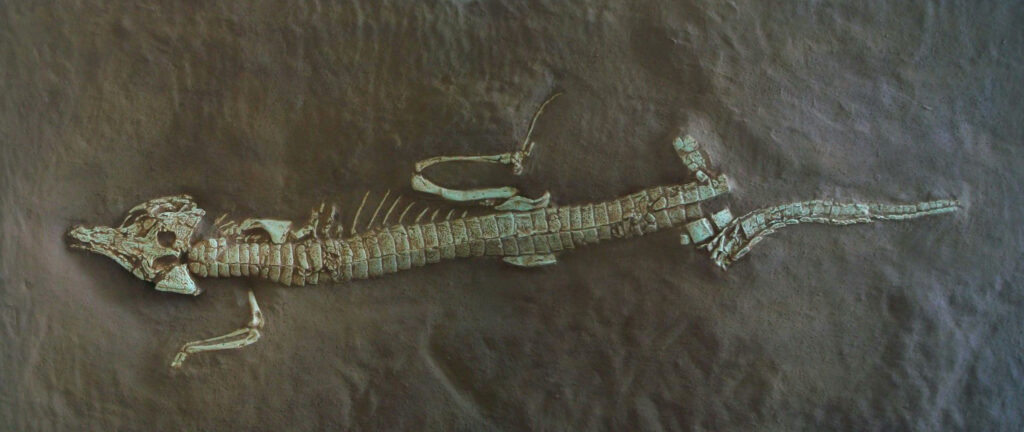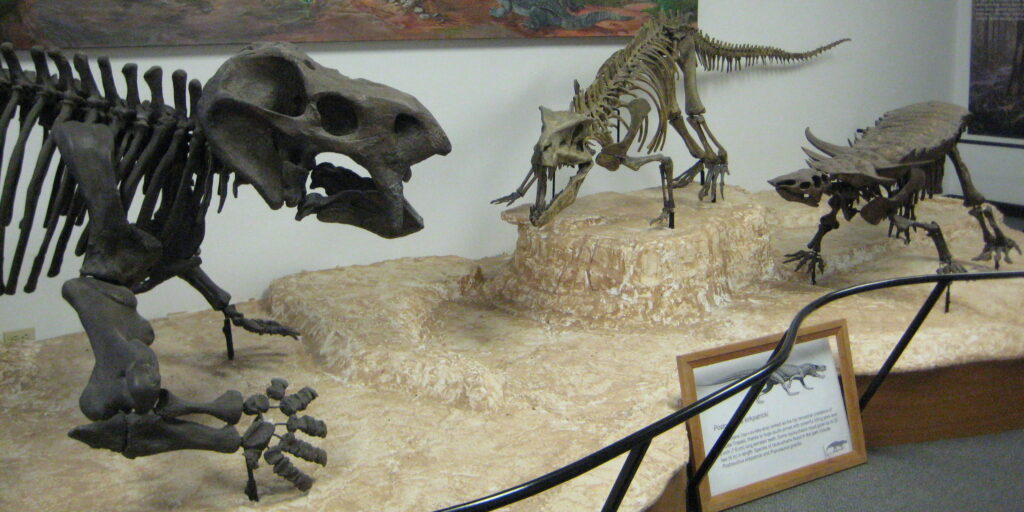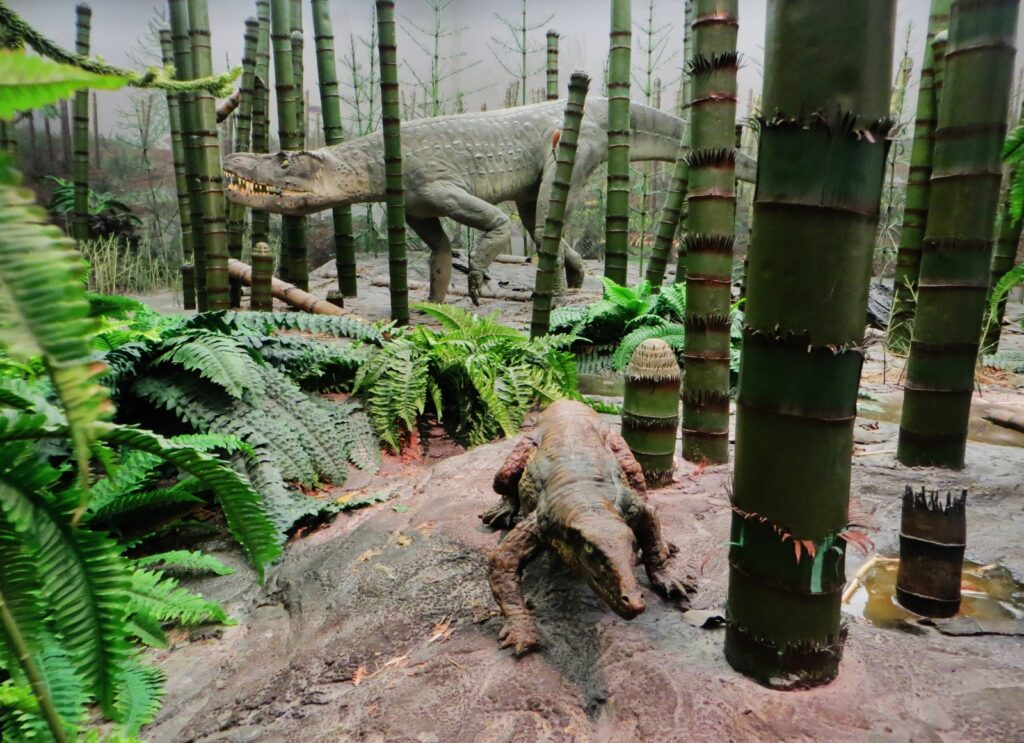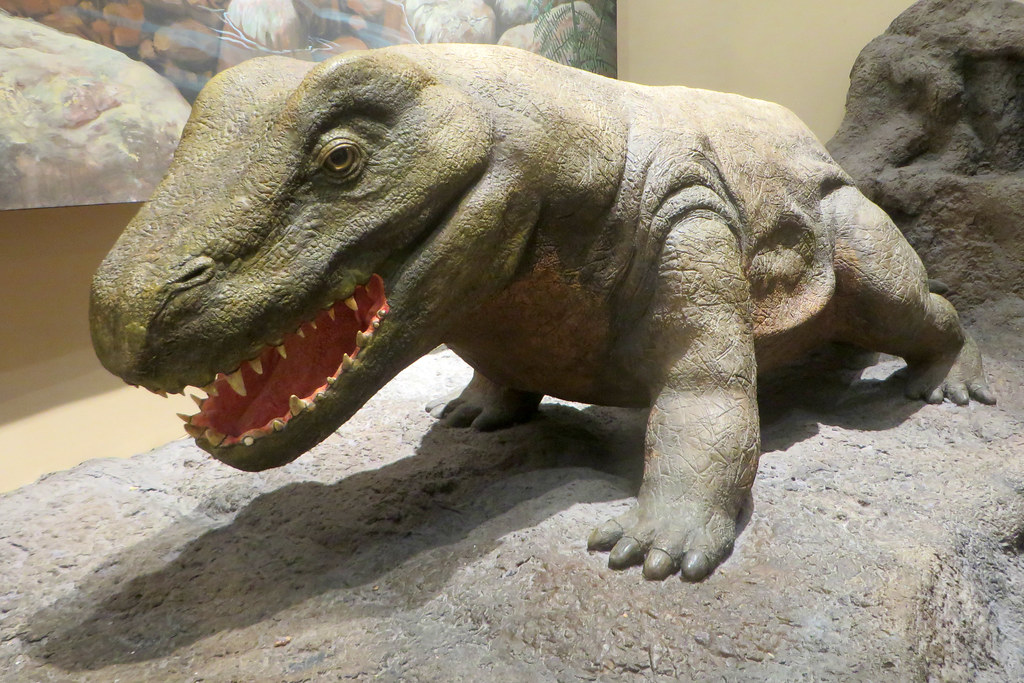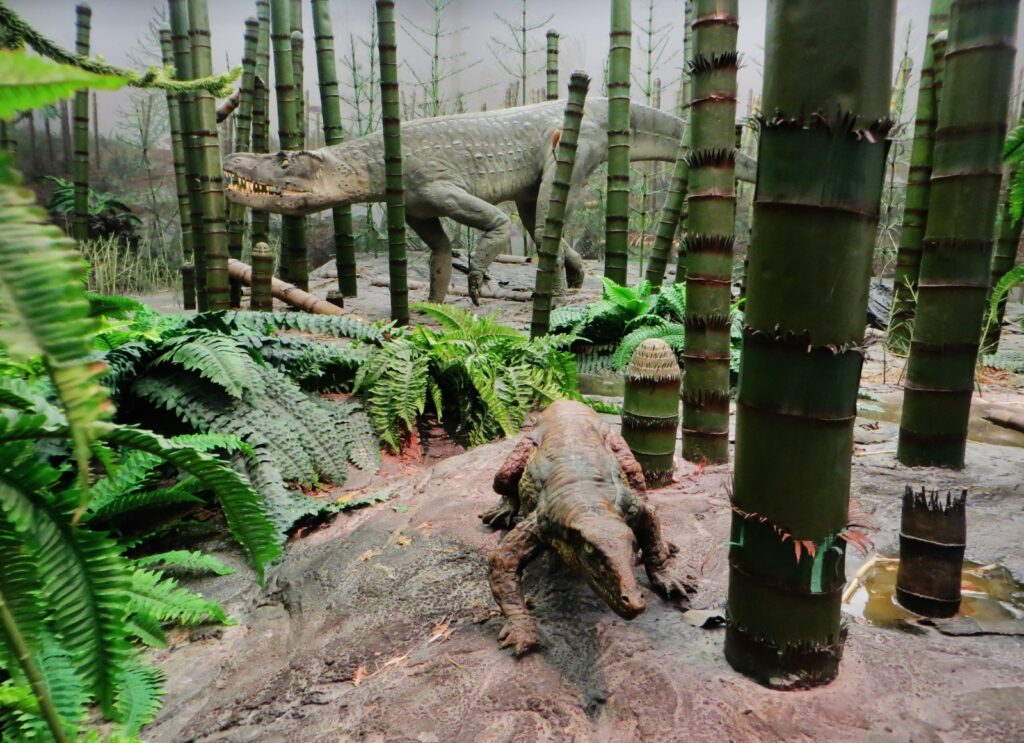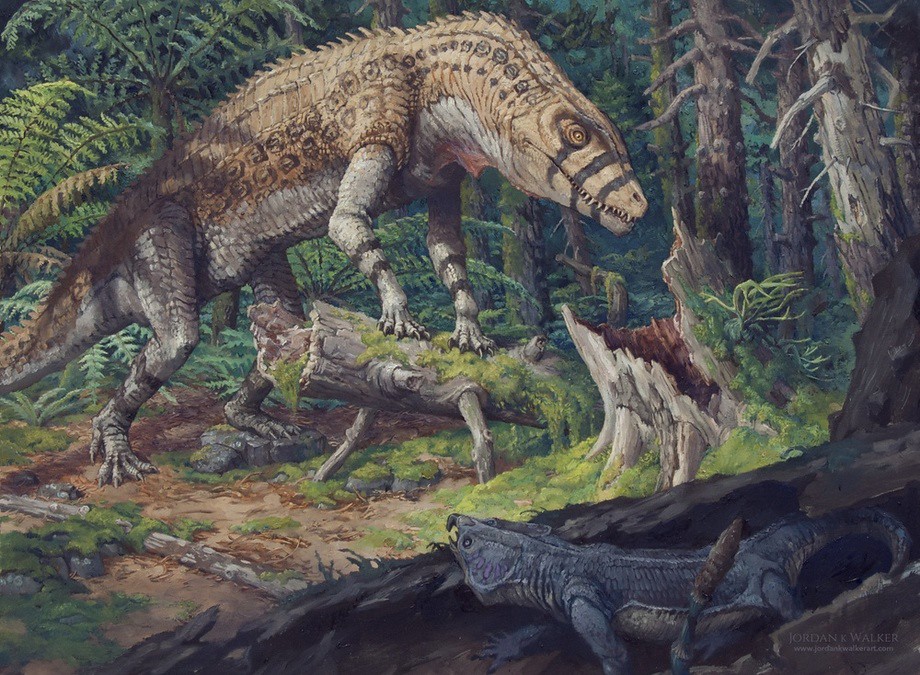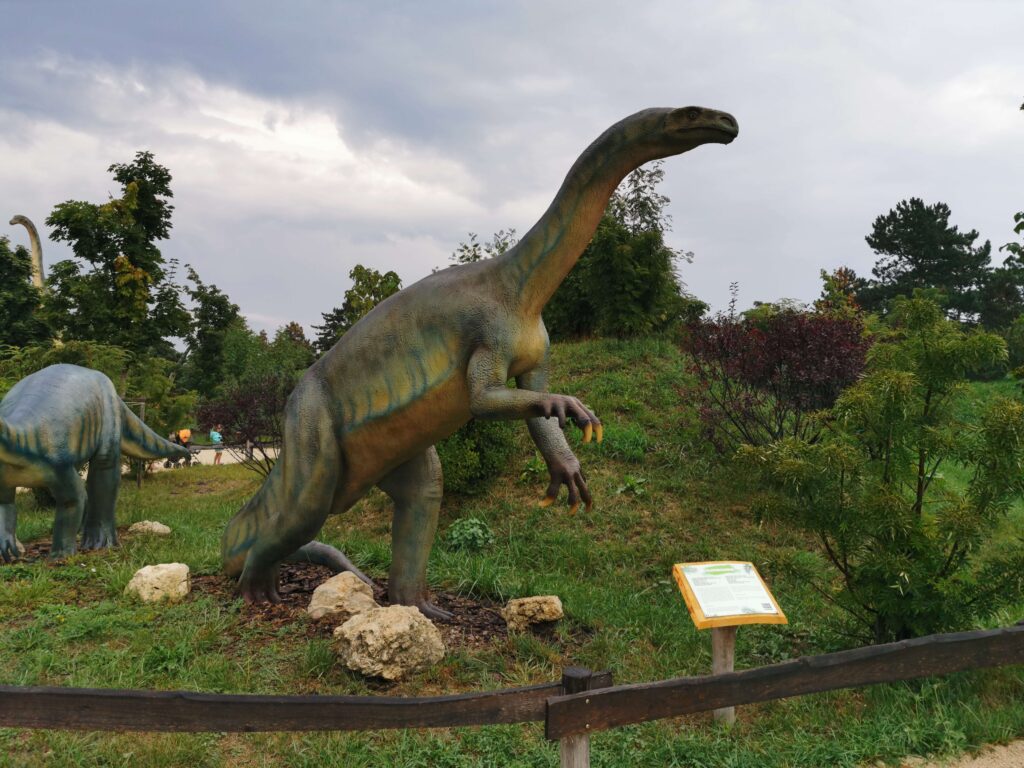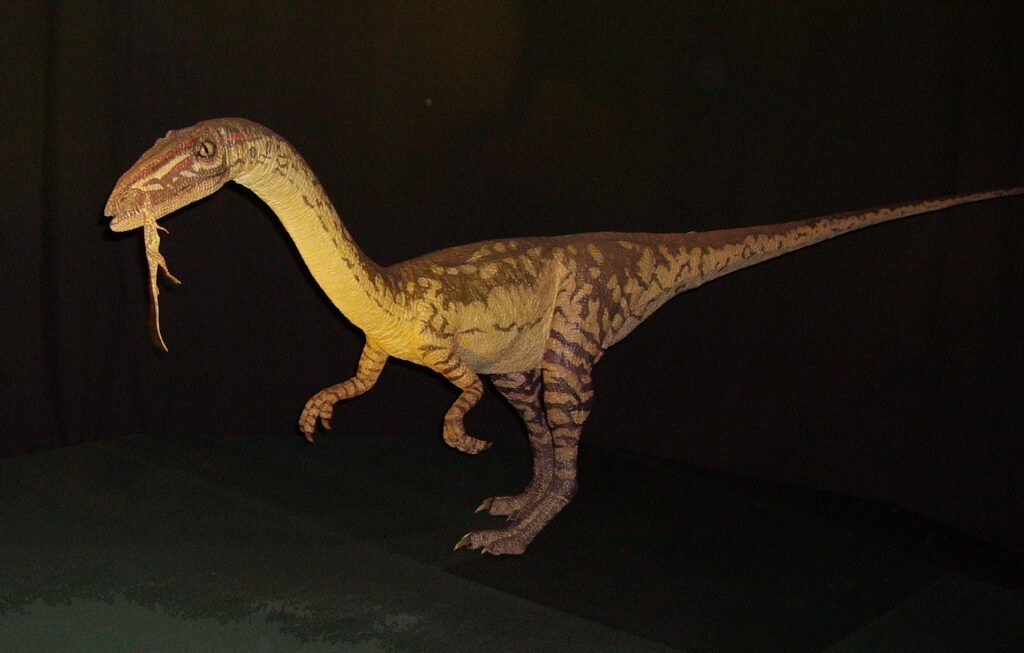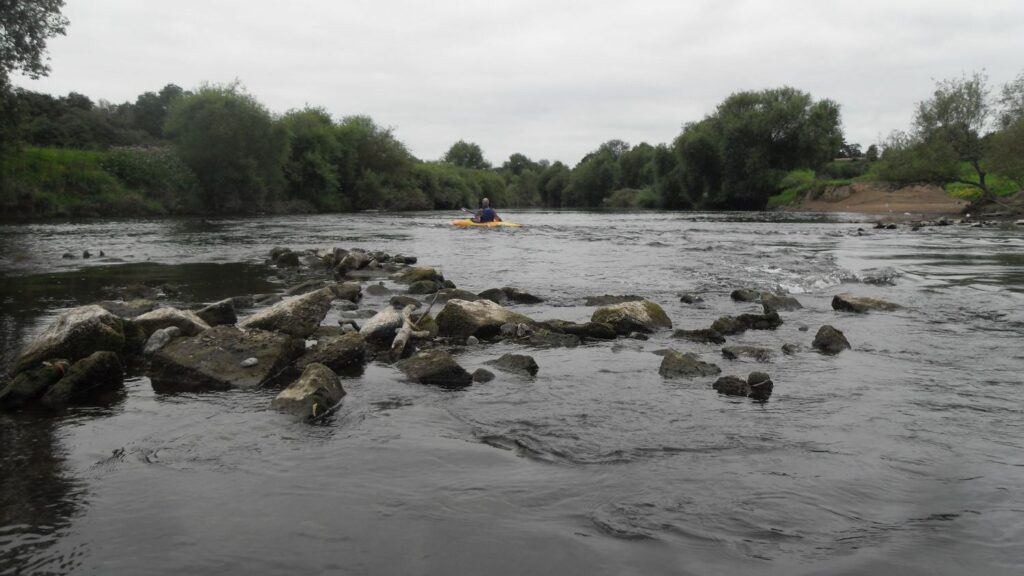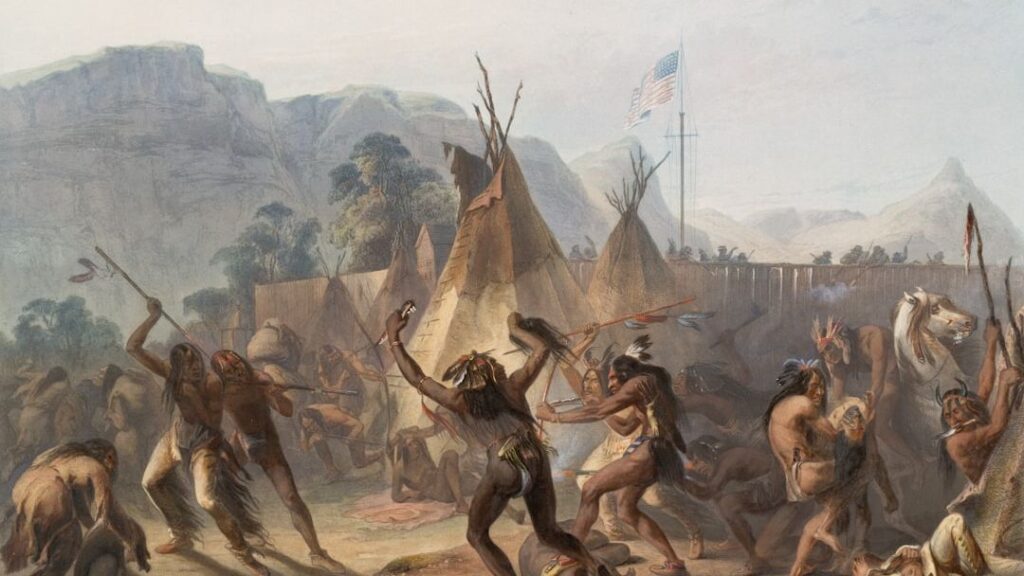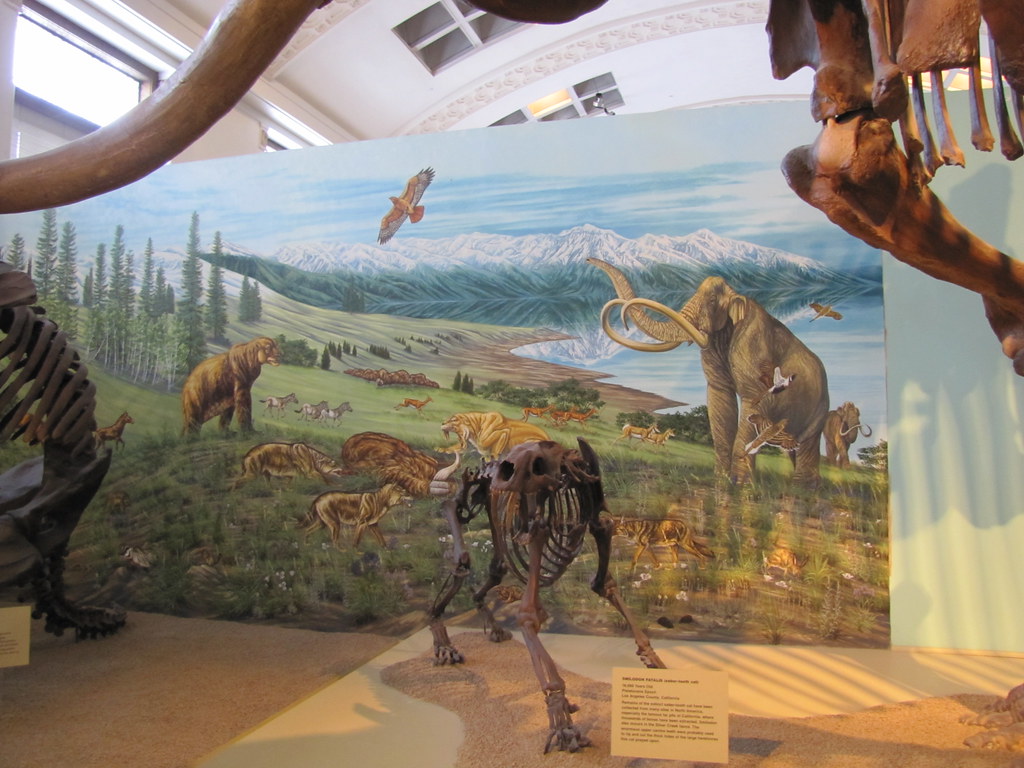Triassic Survivors: How Dinosaurs Thrived After Earth’s Greatest Extinction
What if the secret to one of evolution’s greatest success stories wasn’t about being the strongest or the smartest, but simply about staying warm? The rise of dinosaurs from humble beginnings to planetary dominance is a tale of survival against impossible odds, where feathers proved mightier than fangs. In the aftermath of the Permian-Triassic extinction—the ...

